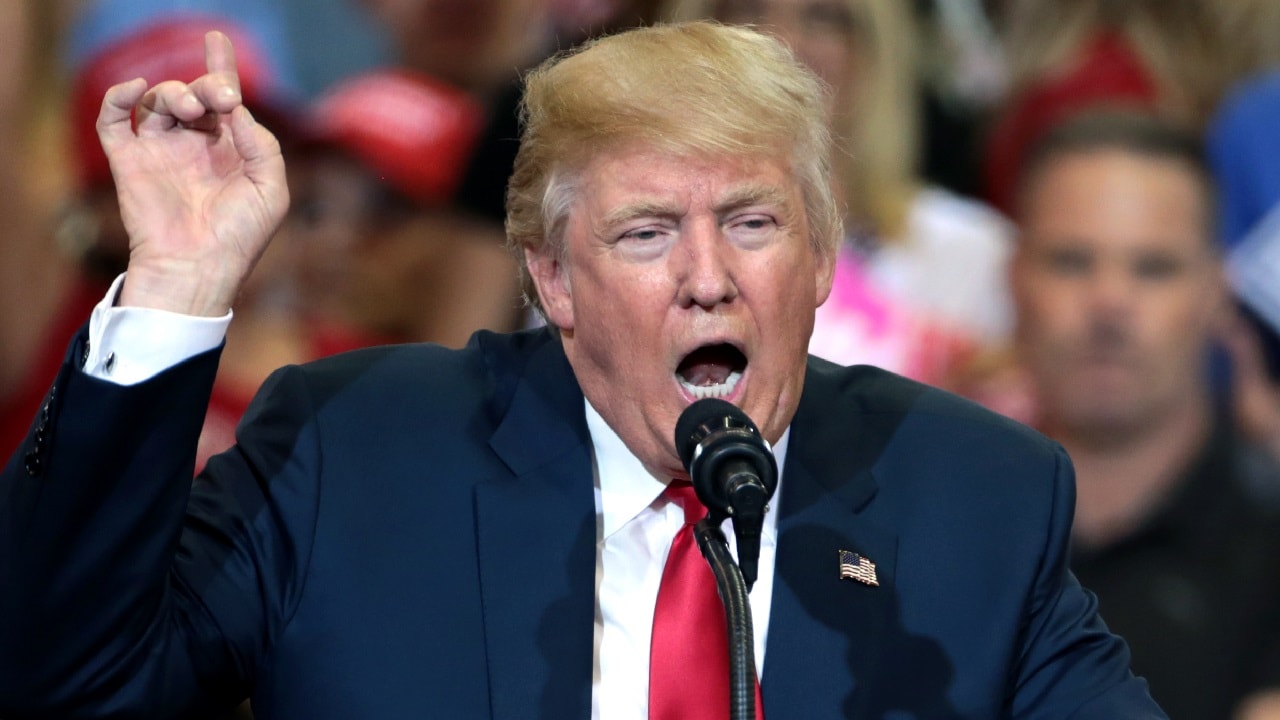“For the law holds, that it is better that ten guilty persons escape, than that one innocent suffer. The reason is because it’s of more importance to community, that innocence should be protected, than it is, that guilt should be punished.”
The words that John Adams uttered in 1770 still hold true today. “Innocent until proven guilty” is a fundamental right of any functioning justice system, no matter the time, location or defendant.
Donald Trump is perceived in the eyes of his fiercest critics as a criminal who is running for the presidency. Perhaps their naivety can be forgiven, given that a criminally charged individual has never run for the presidency, so it’s an easy thing to capitalize on for any ardent opponent.
For sure, the former president has politicized his legal dramas to the extent that he’s receiving (and being fined for breaching) gag orders in courtrooms where he’s accused someone of being a Democrat. His strongest opponents have done the same, including from those within his own party.
Donald Trump and the Rule of Law
The rule of law does not care whether you are an accidental criminal, or a former president of the United States; a defendant is innocent right up until the judge’s gavel strikes the desk accompanied by the word “guilty”. Trump, at least in the eyes of some, is perceived to be guilty, and a court ruling only confirms their beliefs.
Courts of laws, unironically, have rules which must be adhered to. Some evidence is not brought in front of a jury – not as part of a cover-up, but due to its unsuitability for the case in question.
The Democratic/anti-Trump perspective is dangerous territory, and slides right into the Republican frontrunner’s hands. If his opponents are insistent that he’s already guilty, it only adds weight to his (albeit unevidenced) belief that he’s the victim of a politically motivated “witch hunt”.
The terms upon which Trump is being charged on by Special Counsel Jack Smith are broad. In 1940, Justice Robert Jackson urged prosecutors to be to be very careful amid political pressure to prosecute those accused of “subversive activities”, cases which he deemed “are dangerous to civil liberty because the prosecutor has no definite standards to determine what constitutes a ‘subversive activity.’”
Trump only needs one juror to find him not guilty to be acquitted. Given the high-profile nature of the offenses for which he is alleged to have committed, it’s perhaps no wonder that caution is needed over his cases. The Supreme Court maintains that a defendant has the “constitutional right to demand that his liberty should not be taken from him except by the joint action of the court and the unanimous verdict of a jury.”
As Donald Trump seeks to tear apart the belief in a strong justice system, his opponents must convey the opposite. Branding him as a criminal, even though he is, by definition, not, only strengthens his core message.
Shay Bottomley is a British journalist based in Canada. He has written for the Western Standard, Maidenhead Advertiser, Slough Express, Windsor Express, Berkshire Live and Southend Echo, and has covered notable events including the Queen’s Platinum Jubilee.
From the Vault

